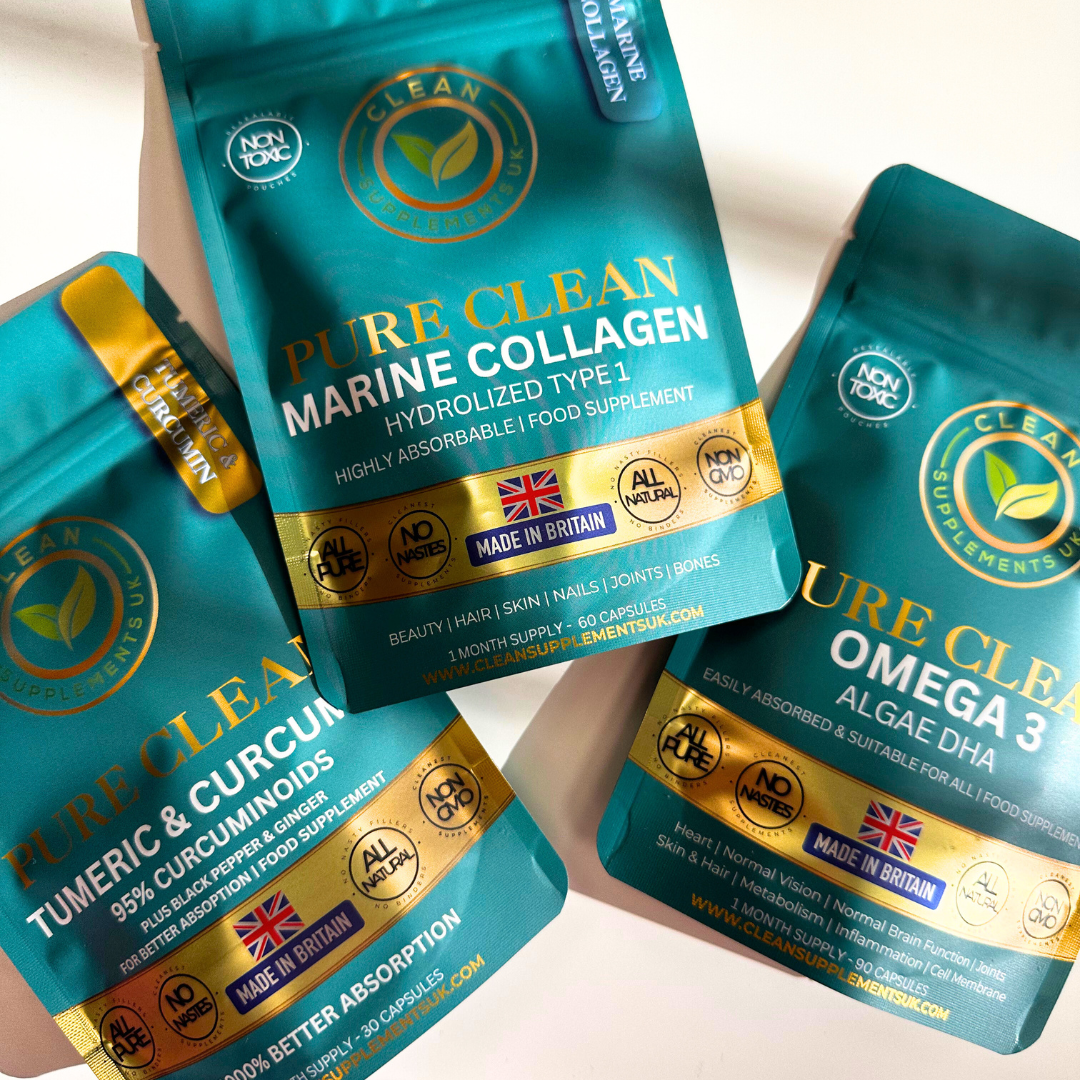The Hidden Impact of Stress on Your Body
Stress is an unavoidable part of modern life, but did you know it can also rob your body of essential nutrients? Whether it’s from work pressures, family responsibilities, or environmental factors, ongoing stress places significant demands on your body, leading to nutrient depletion that can impact your overall health.
How Stress Depletes Essential Nutrients
When you're under stress, your body produces more cortisol, the primary stress hormone. While cortisol helps you manage short-term challenges, prolonged exposure to high cortisol levels can lead to:
- Increased use and depletion of magnesium, affecting muscle relaxation and sleep quality.
- Faster breakdown of B vitamins, leading to fatigue, poor concentration, and mood swings.
- Reduced absorption of Vitamin C, impacting immune function and skin health.
- Lower levels of Omega-3 fatty acids, essential for brain health and inflammation control.
- Imbalanced zinc and copper levels, weakening immunity and wound healing.
Signs You Might Be Nutrient-Depleted Due to Stress
If stress is depleting your essential nutrients, you may experience:
- Constant fatigue, even after a full night's sleep.
- Increased anxiety, irritability, or difficulty focusing.
- Frequent colds, infections, or slow wound healing.
- Muscle tension, cramps, or headaches.
- Digestive discomfort or irregular bowel movements.
- Supplements That Help Combat Stress-Related Deficiencies
A well-rounded diet is crucial, but supplementation can provide extra support when stress depletes key nutrients. Here’s how:
1. Magnesium: The Anti-Stress Mineral
Magnesium plays a key role in muscle relaxation, nerve function, and sleep regulation. Since stress burns through magnesium quickly, supplementing with a high-quality form like Triple Magnesium Complex can help promote calmness and restore balance.
2. B Vitamins: Energy and Brain Function Support
B vitamins (especially B6, B9, and B12) are essential for maintaining energy levels, reducing brain fog, and supporting neurotransmitter function. A high-potency B-complex supplement can help counteract the stress-related depletion of these vital nutrients.
3. Omega-3 Fatty Acids: Protecting Brain and Heart Health
Chronic stress increases inflammation and oxidative damage, which can contribute to cardiovascular and cognitive decline. Omega-3 DHA supplements help regulate inflammation and support brain function.
4. Vitamin C: Immunity and Skin Support
Vitamin C plays a critical role in collagen production, immune defence, and reducing oxidative stress. Since stress lowers vitamin C levels, supplementing with high-strength Vitamin C can help keep your immune system strong.
5. Zinc & Copper: Supporting Immunity and Recovery
These two minerals need to be balanced for optimal immune function. Stress can throw this balance off, making Zinc & Copper Super Blend a great option for reinforcing immune resilience.
Managing Stress with Lifestyle and Nutrition
While supplements can help replenish lost nutrients, adopting healthy lifestyle habits can also support your stress response:
- Prioritise sleep: Aim for 7-9 hours per night to allow your body to recover.
- Exercise regularly: Moderate physical activity helps lower cortisol levels.
- Practise mindfulness: Meditation, deep breathing, and yoga can reduce stress effects.
- Eat nutrient-dense foods: Include whole grains, leafy greens, nuts, seeds, and lean proteins to maximise nutrient intake.
The Bottom Line: Replenish, Recover, and Strengthen
Stress is unavoidable, but its impact on your health doesn’t have to be. By recognising the link between stress and nutrient depletion, you can take proactive steps to support your energy, immunity, and overall well-being.
Explore Clean Supplements UK for high-quality, filler-free supplements designed to help you combat stress and keep your body performing at its best.









